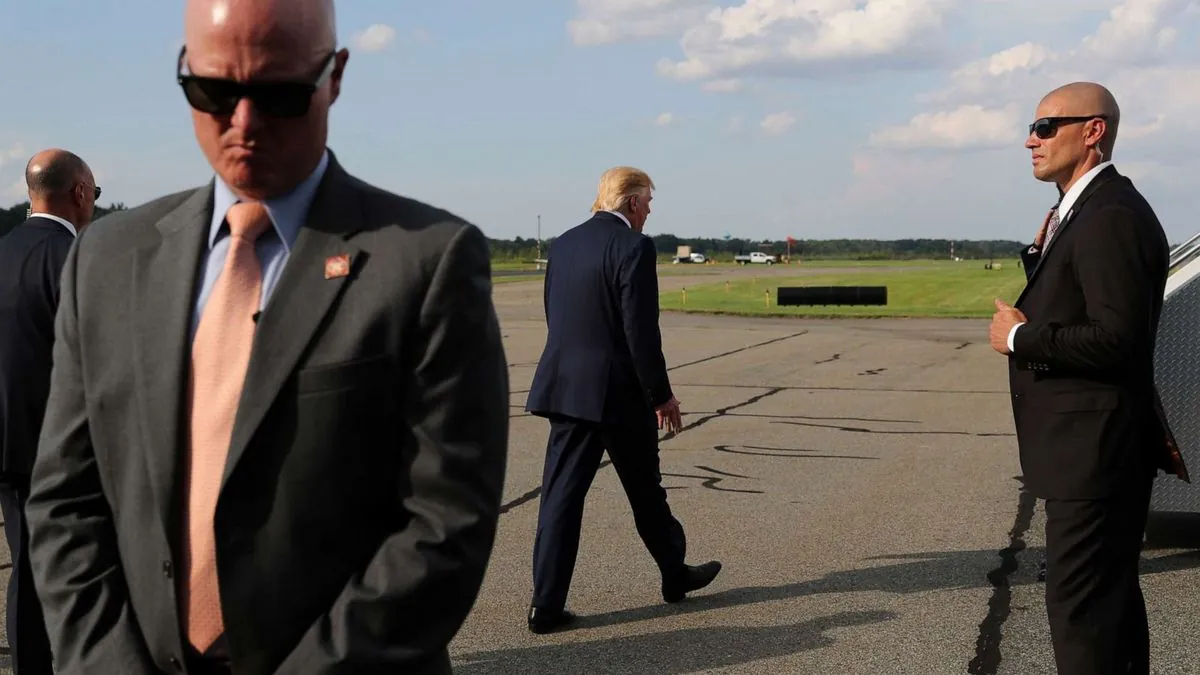In light of recent security incidents, Ronald L. Rowe Jr., the acting director of the United States Secret Service, is advocating for substantial investment in the agency. Rowe emphasizes the necessity to adapt to a "new reality" characterized by escalating threats to political leaders.
The Secret Service, established in 1865 to combat currency counterfeiting, has evolved significantly over the years. Its primary mission now includes protecting high-ranking officials and investigating financial crimes. With a current annual budget of $3 billion and over 7,000 employees, the agency faces mounting challenges in fulfilling its critical responsibilities.
Rowe's appeal comes in the wake of two apparent assassination attempts on former president Donald Trump within a span of 10 weeks. These incidents have underscored the urgent need for enhanced security measures and resources.
The James J. Rowley Training Center in Maryland, named after the director who demanded reforms following President Kennedy's assassination in 1963, is reportedly inadequate for current needs. Rowe stresses the importance of upgrading this facility to better prepare agents for real-world threats.
Key areas requiring investment include:
- Additional counter-snipers and investigators
- Upgraded armored limousines for motorcades
- Increased supply of ballistic glass
- Enhanced training facilities
Rowe's background as a 25-year agency veteran, including experience guarding President George W. Bush during his second term, lends credibility to his assessment of the agency's needs.
"He is very well suited for this moment. He is unflappable and decisive and commanding."
The Secret Service's challenges extend beyond equipment and facilities. The agency is striving to hire 400 agents by the end of the year to address staffing shortages. However, Rowe cautions against overworking existing personnel, emphasizing the need for a sustainable workforce.
While President Joe Biden and Senate leaders have expressed support for increasing the agency's budget, some lawmakers remain skeptical. They argue that management reforms may be necessary in addition to increased funding.
As the Secret Service prepares for future challenges, including the 2024 election and the 2028 Olympic Games in Los Angeles, Rowe's vision extends beyond immediate concerns. He aims to build an agency capable of addressing evolving threats in the years to come.
The Secret Service's motto, "Worthy of Trust and Confidence," underscores the critical nature of its mission. As the agency seeks to uphold this standard in an increasingly complex security landscape, the debate over its future resources and structure continues to unfold.
